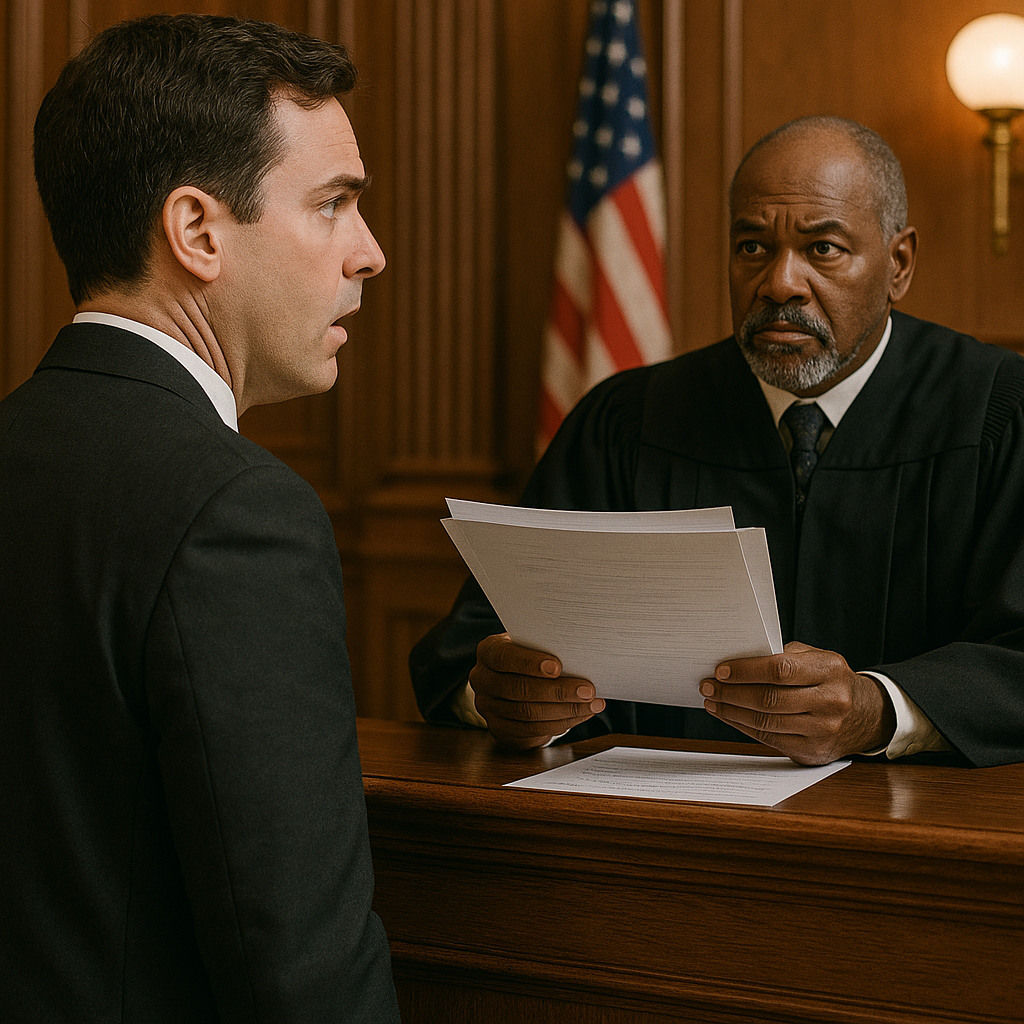At the RMAPIA conference this week, a public adjuster from Arizona asked if an insurer could appoint its own estimator of a loss as an appraiser. To answer this question, I first used the search function on this blog. I almost asked her why she did not do the same thing. So, the first lesson to this post is to use the search function of this blog liberally to answer questions.
After searching the term “Arizona appraisal,” a number of posts were found, including one from 2021, What is the Appraisal Process in Arizona, which stated:
The bottom line is that courts in Arizona are allowing causation to be determined by appraisal panels. What is meant by Arizona appraisal law being guided by Arizona arbitration principles has not been fully decided.
An Arizona federal decision from last year confirms that Arizona still follows the Federal Arbitration Code when looking at issues relating to the appraisal process: 1
Arizona law views ‘appraisal [as] analogous to arbitration.’ Meineke v. Twin City Fire Ins. Co., 892 P.2d 1365, 1369 (Ariz. Ct. App. 1994). See also Portland Gen. Elec. Co. v. U.S. Bank Tr. Nat. Ass’n as Tr. for Tr. No. 1, 218 F.3d 1085, 1089 (9th Cir. 2000) (state law determines whether an ‘appraisal’ qualifies as ‘arbitration’ under Federal Arbitration Act). Therefore, ‘principles of arbitration law’ apply to disputes surrounding ‘an insurance policy appraisal clause.’…Here, neither party disputes the validity of the insurance policy’s appraisal clause, nor do they dispute the amount of Plaintiffs’ loss is the sole issue subject to the appraisal clause. Therefore, the Federal Arbitration Act dictates ‘the Court must grant a stay regarding’ the amount of Plaintiffs’ loss. Palozie v. State Farm Mut. Auto. Ins. Co., 1996 WL 814533 (D. Ariz. Dec. 2, 1996).
A 1996 decision indicates that the bias of an appraisal will be determined after the appraisal is over, again citing the Federal Arbitration Act (FAA). 2
Under the FAA, an arbitrator can be unqualified if the arbitrator shows “evident partiality.” How can a person who already has a predetermined opinion about the value of the loss be impartial? An excellent law review article, How Nice to See You Again: The Repetitive Use of Arbitrators and the Risk of Evident Partiality, 3 even discusses that evident partiality can be determined just from repeated use of the same person by a party:
The Federal Arbitration Act (‘FAA’) permits federal courts to vacate arbitral awards ‘where there was evident partiality or corruption in the arbitrators, or either of them.’ Interpreting this provision, courts have reached varied conclusions as to what biases, relationships, and misconducts constitute ‘evident partiality.’ A prior business relationship between a neutral arbitrator and the victorious party, an ongoing legal dispute between the arbitrator and a party, a father-son relationship between an arbitrator and an officer of a labor union that was party to the arbitration, representation by the arbitrator’s law firm to a party in an unrelated matter, when the arbitrator is an officer at a company that conducts business dealings with a party that the arbitrator was not involved with, and when counsel to a party to the arbitration also represents the arbitrator in an unrelated matter have all been held to create evident partiality. Even after a court determines whether the particular facts create evident partiality, courts still apply varying standards on the disclosure requirements of the evident partiality.
While debating this week at the RMAPIA conference, insurance defense attorney Steve Badger and I even agreed that an appraiser who already made an estimate of loss should not be named as an appraiser because they are biased. It would seem to me that an Arizona insurer appointing its estimator as an appraiser to an appraisal is acting in bad faith because the insurer is clearly appointing a biased appraiser.
Thought For The Day
The mere fact that judges or other decision-makers have, at some time in their past, said or written something that touches on an issue or a party that comes before them will not alone create a reasonable apprehension of bias. The question is always one of context and degree.
—Matthew Groves
1 Jazi Kat 4659 Rockridge LLC v. Travelers Cas. Ins. Co. of Am., No. CV-23-00716, 2023 WL 3750910, at *2 (D. Ariz. June 1, 2023).
2 Palozie v. State Farm Mut. Auto. Ins. Co., 1996 WL 814533, at *6 (D. Ariz. Dec. 2, 1996).
3 Drew J. Hushka, How Nice to See You Again: The Repetitive Use of Arbitrators and the Risk of Evident Partiality, 5 Y.B. Arb. & Mediation 325 (2013).





